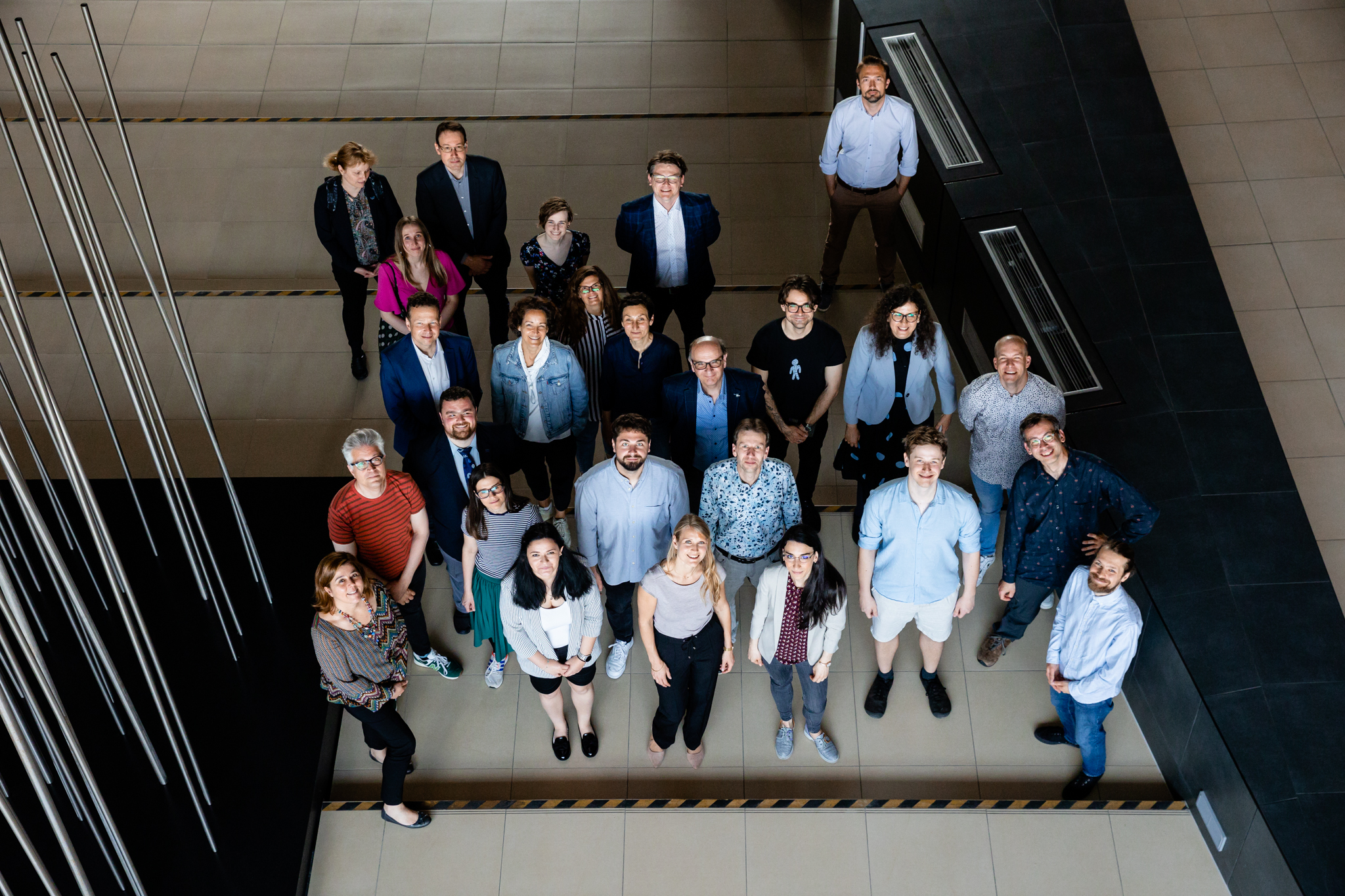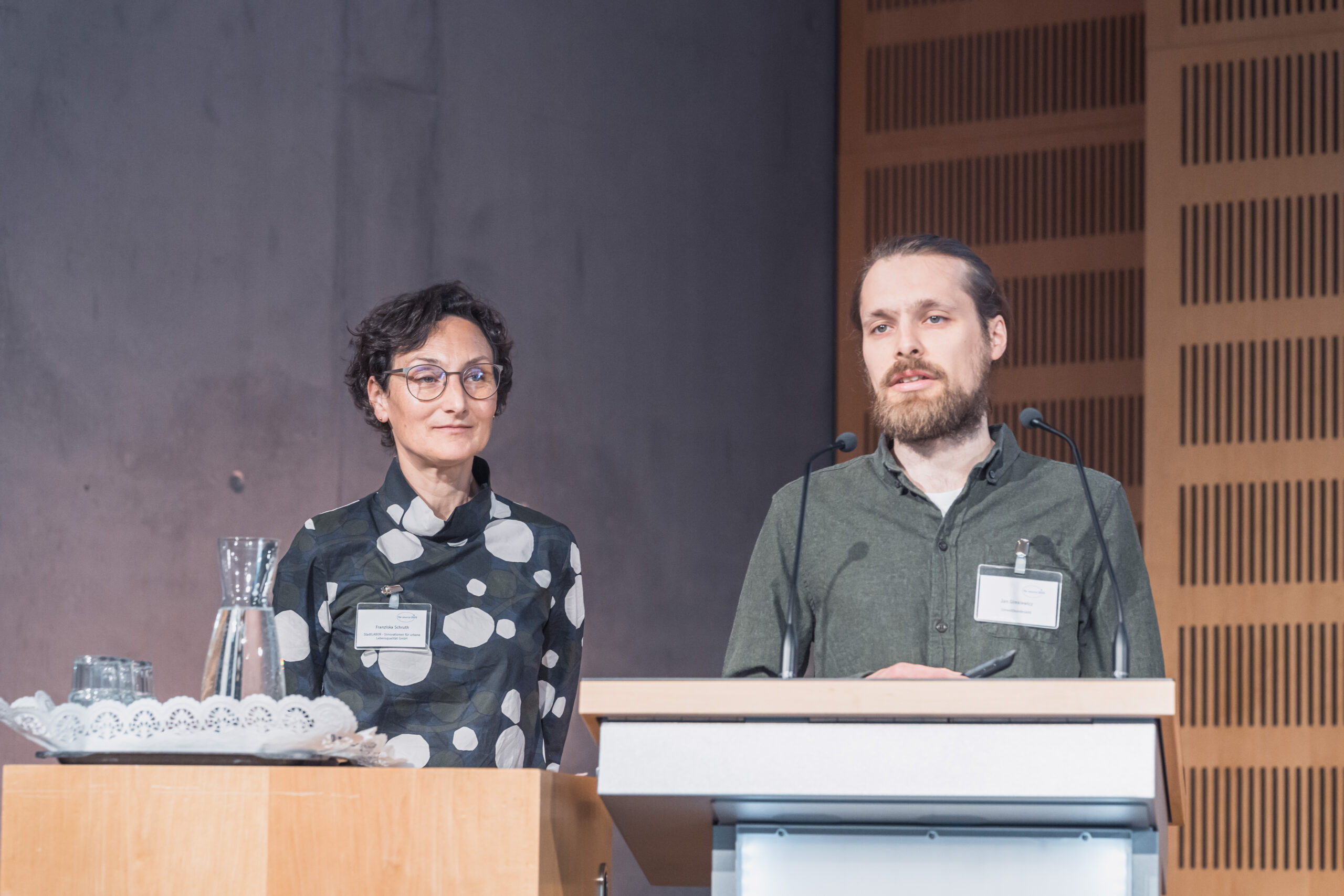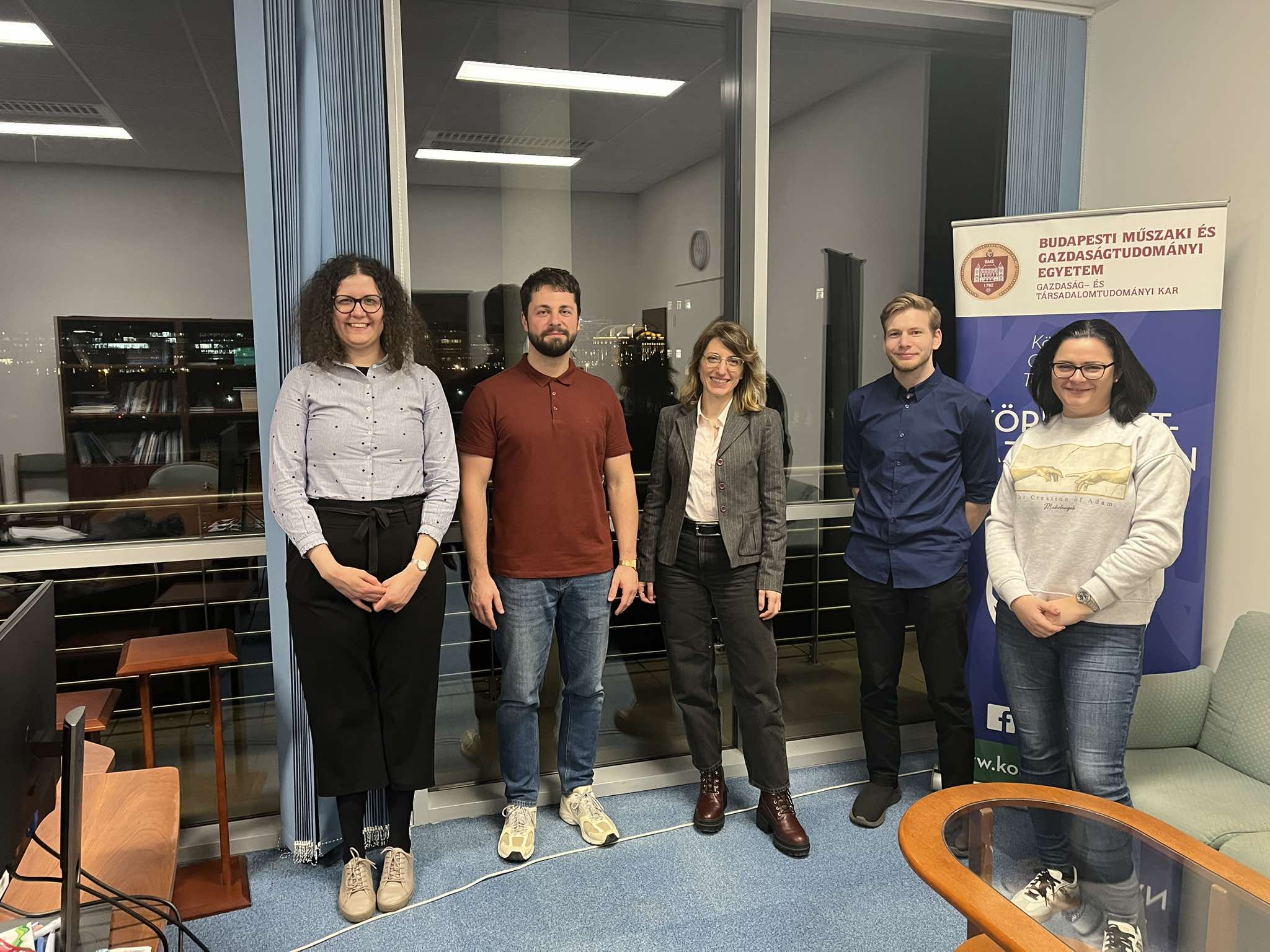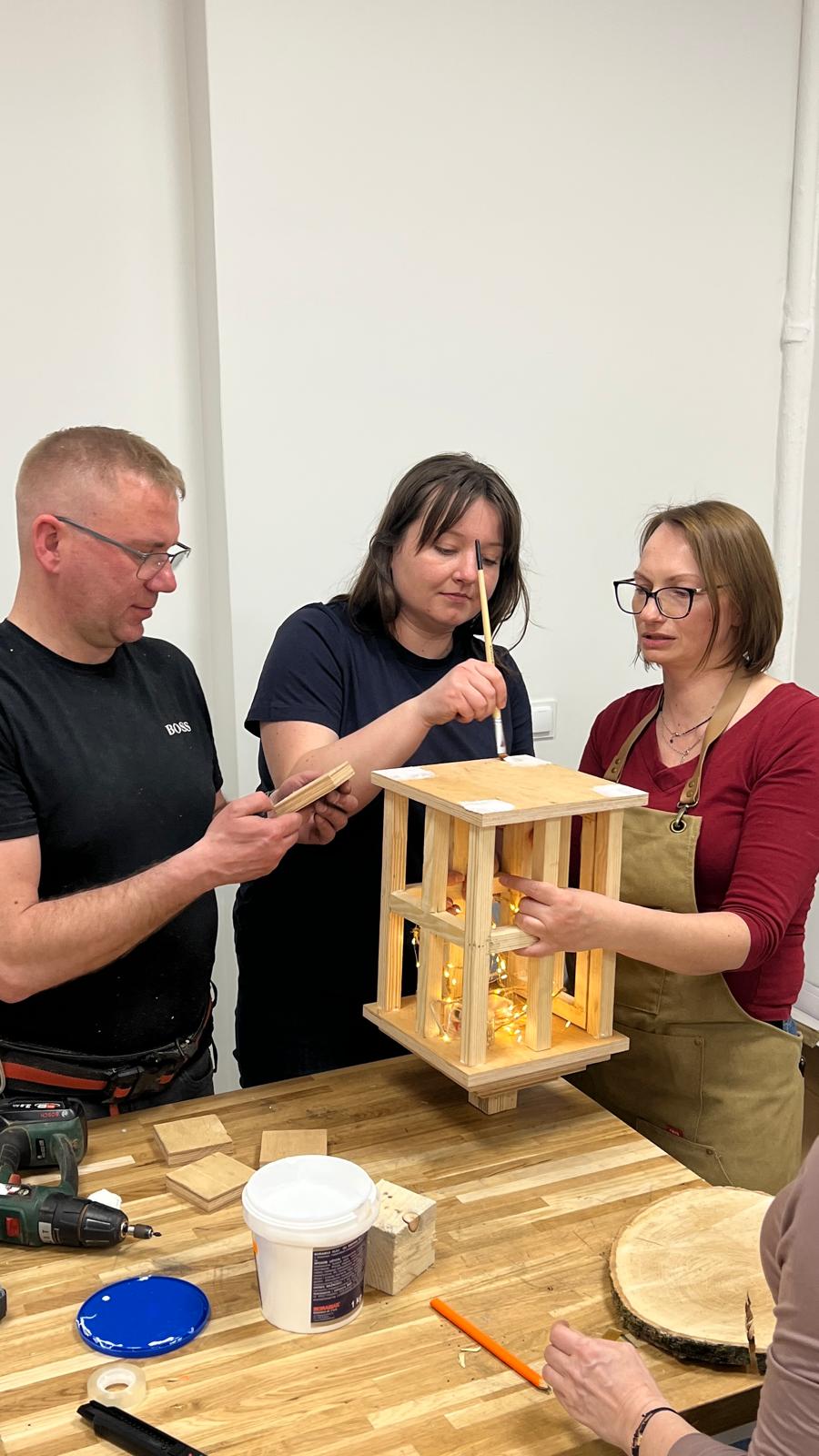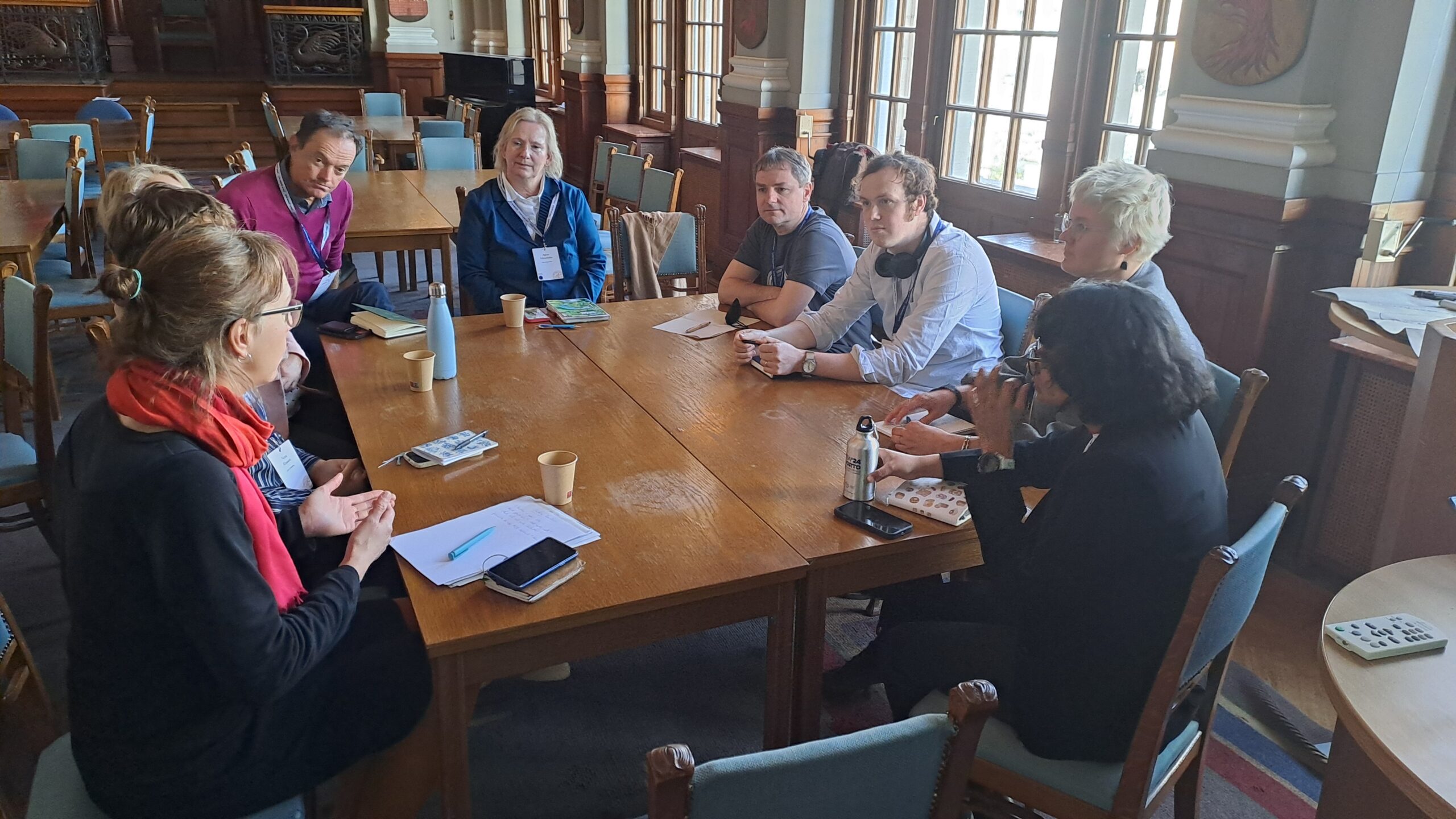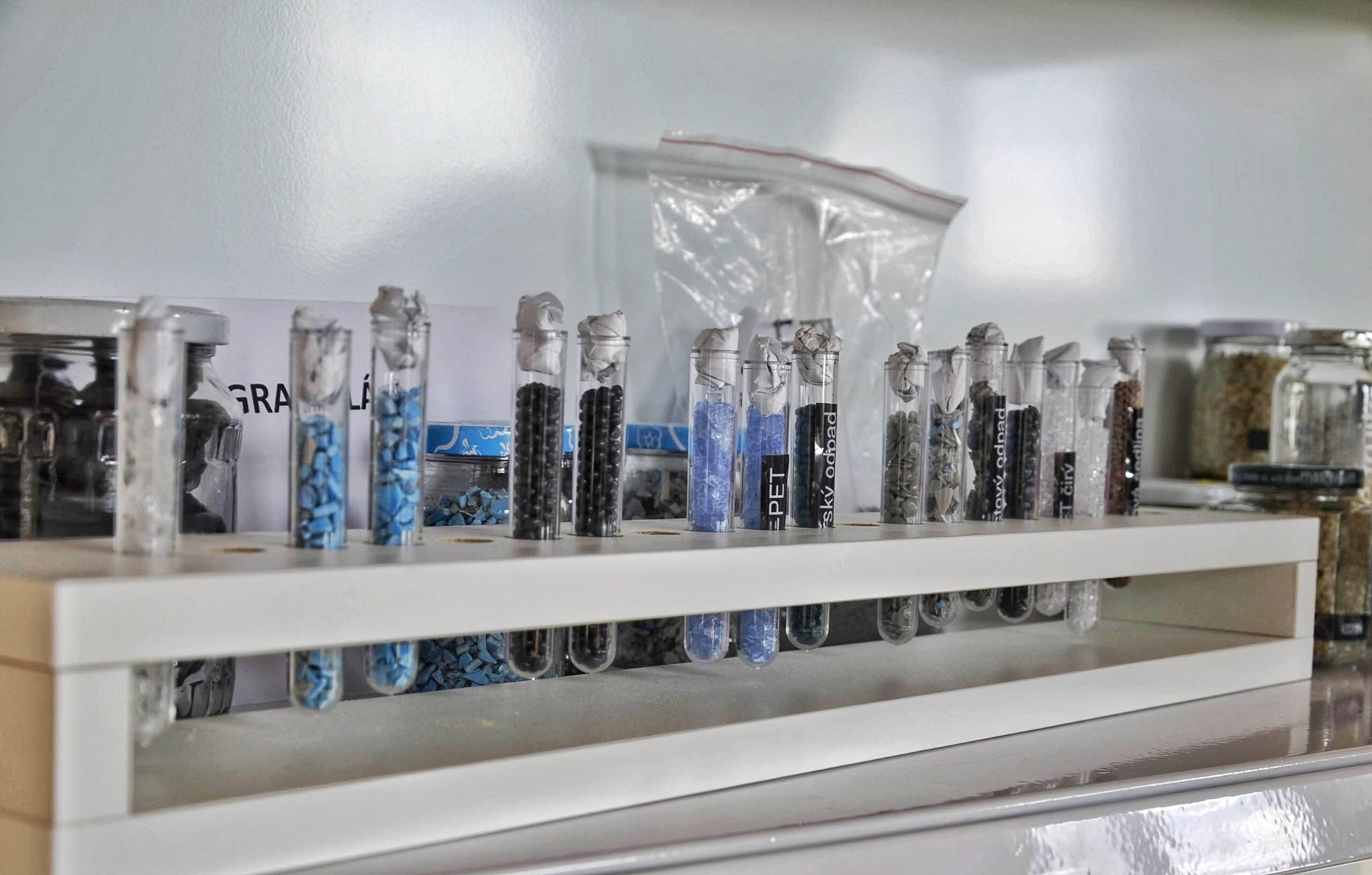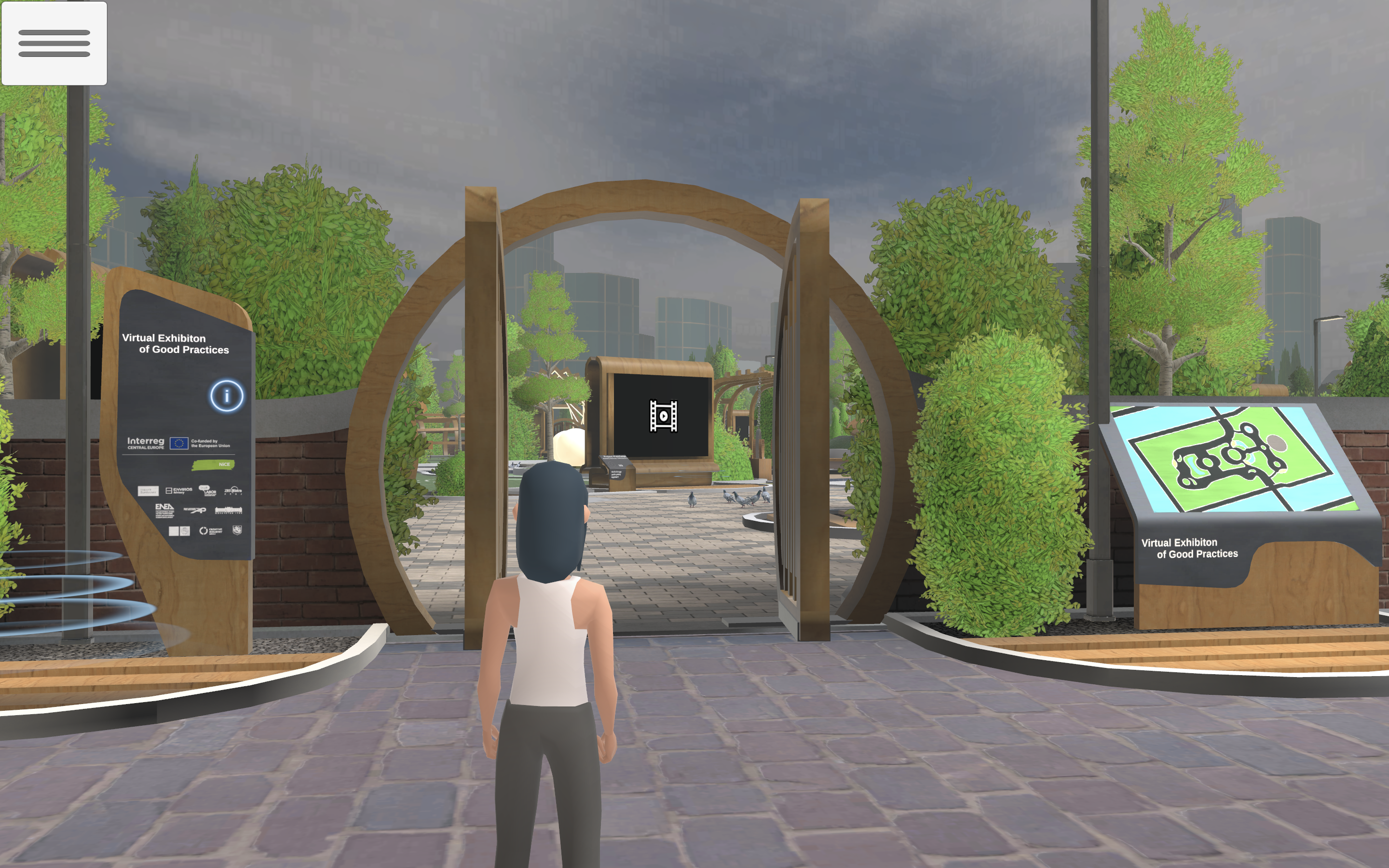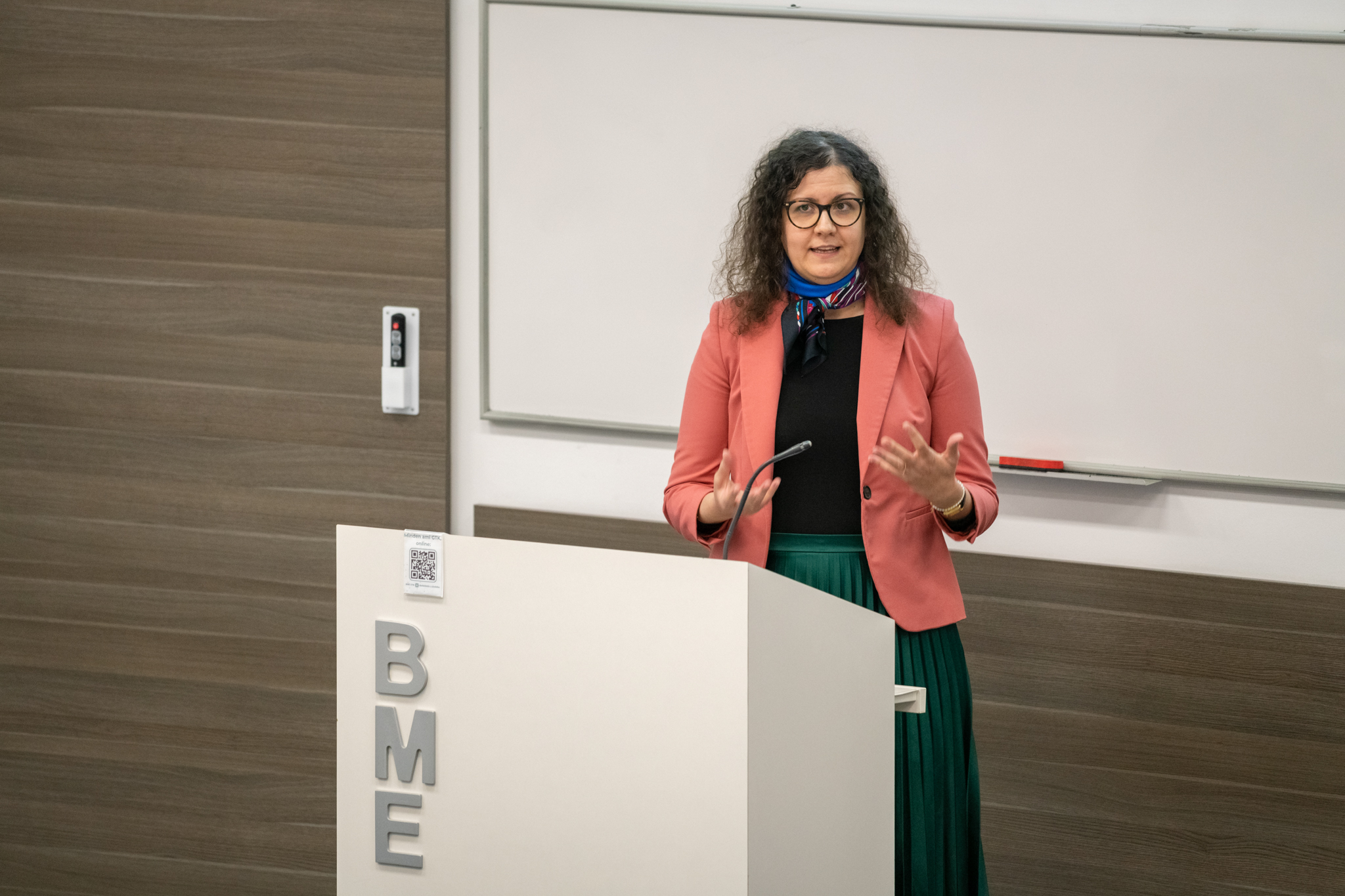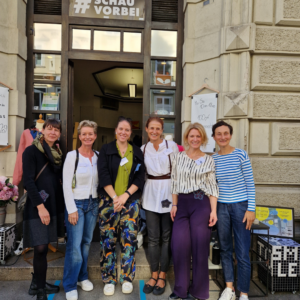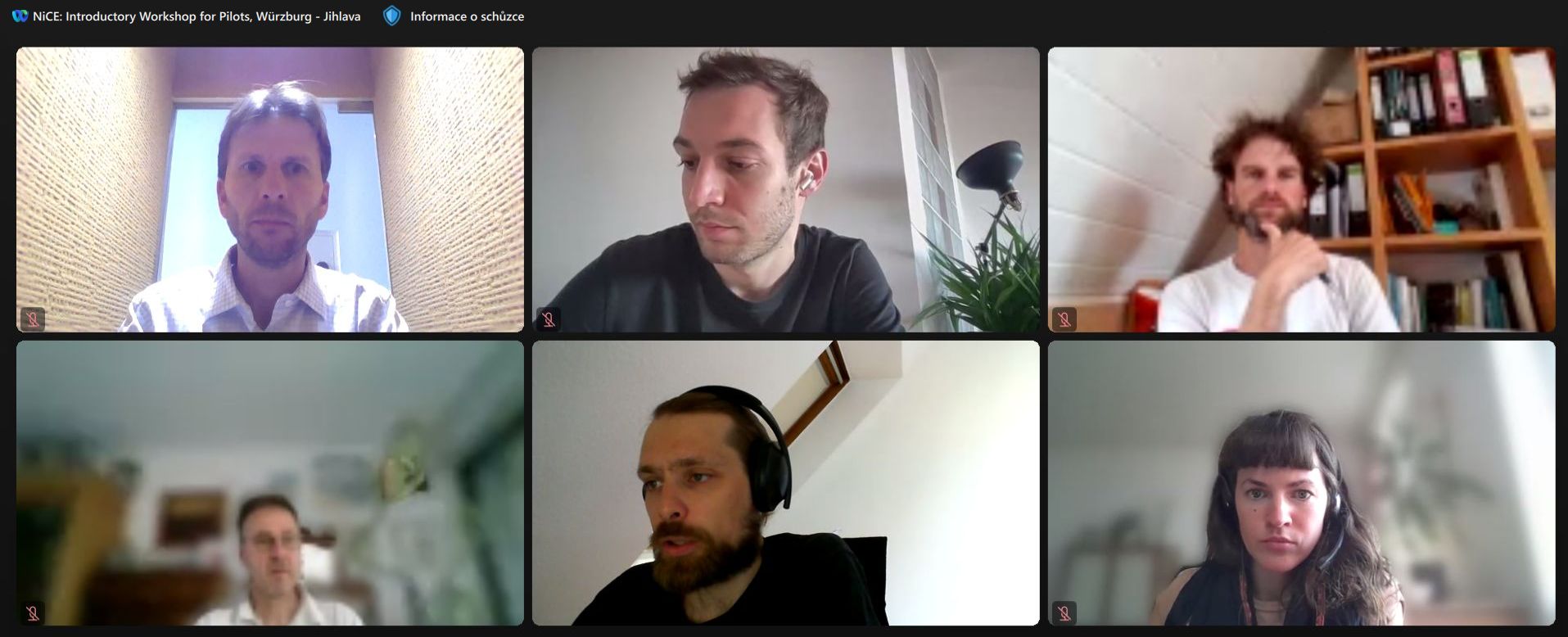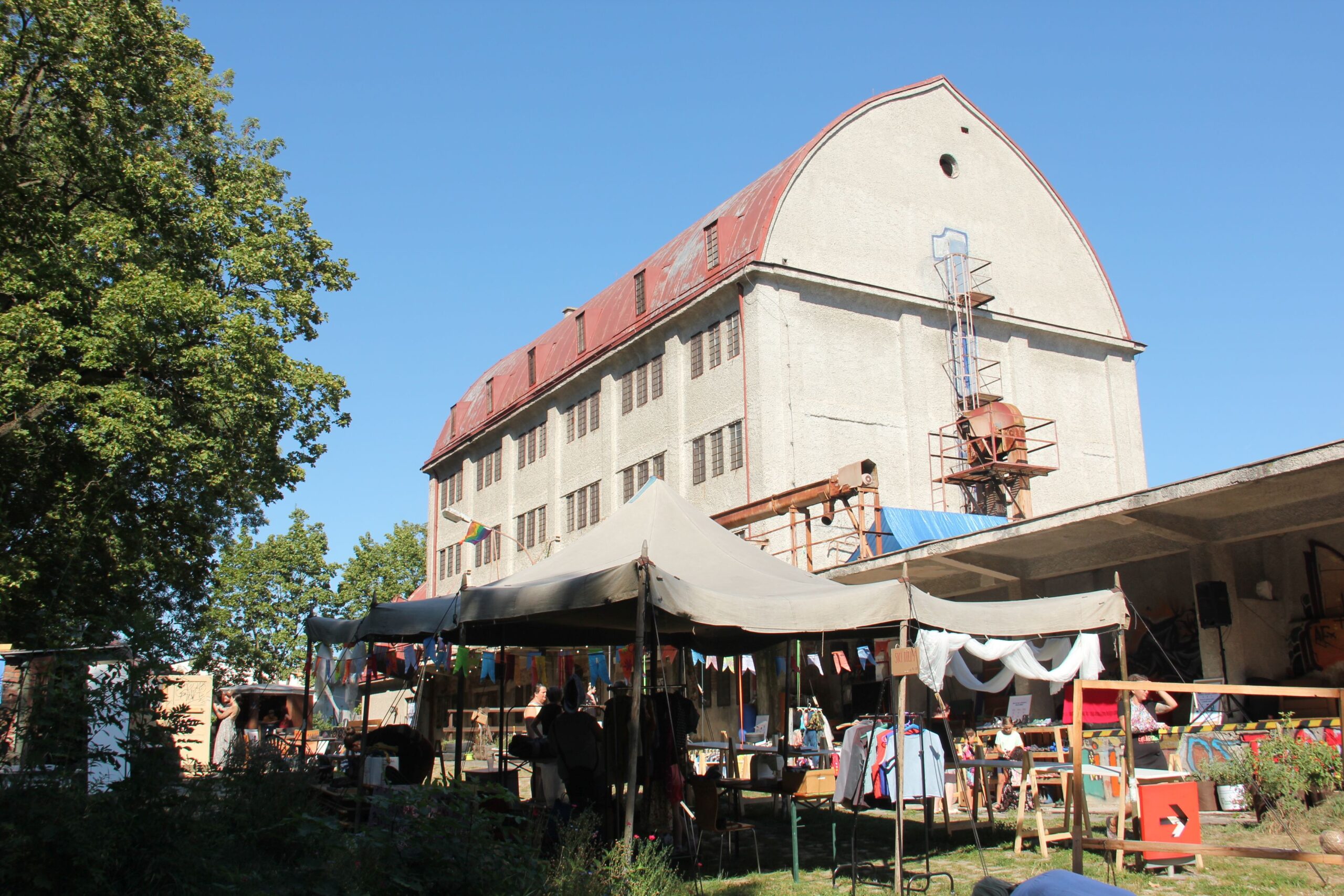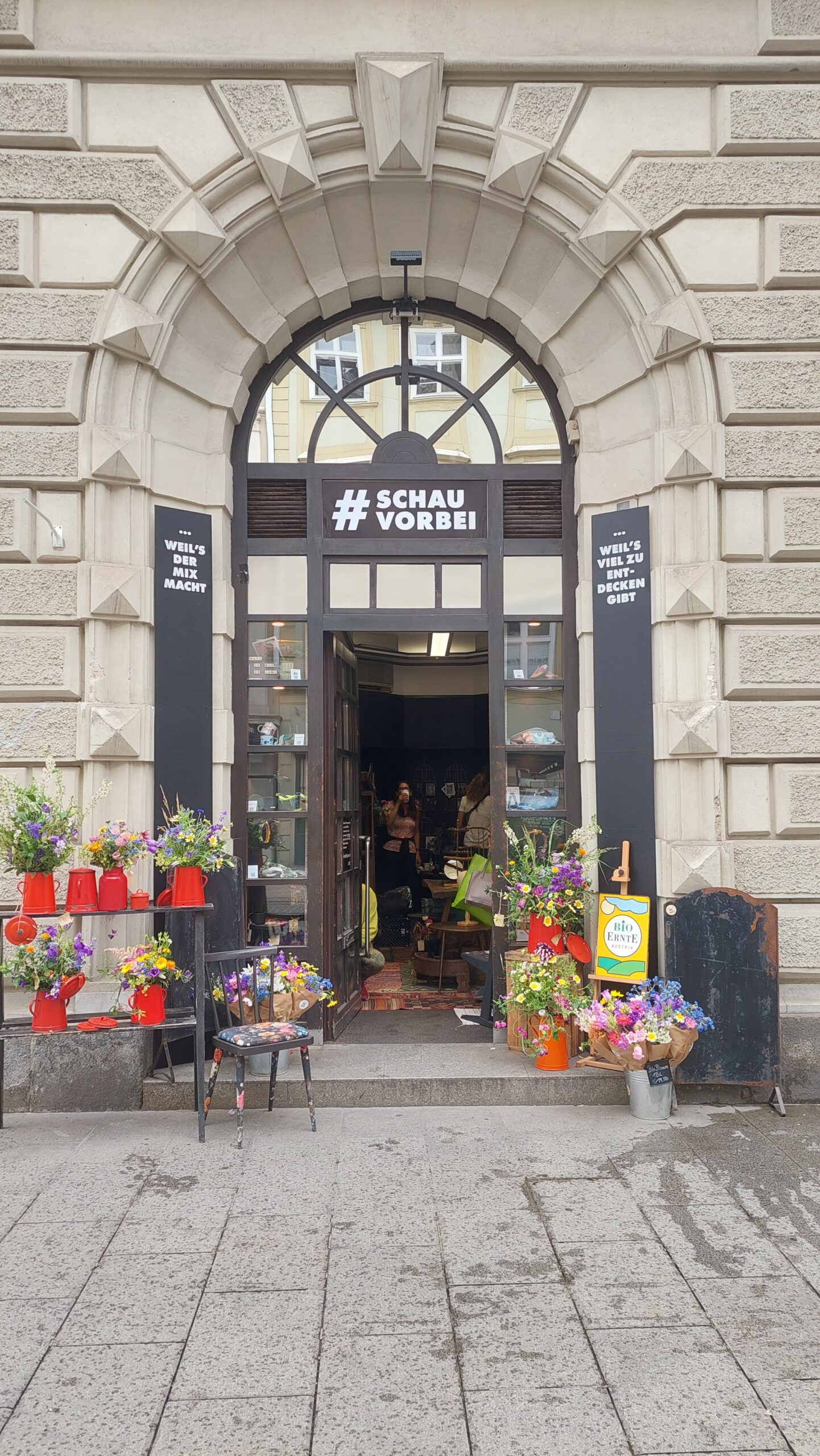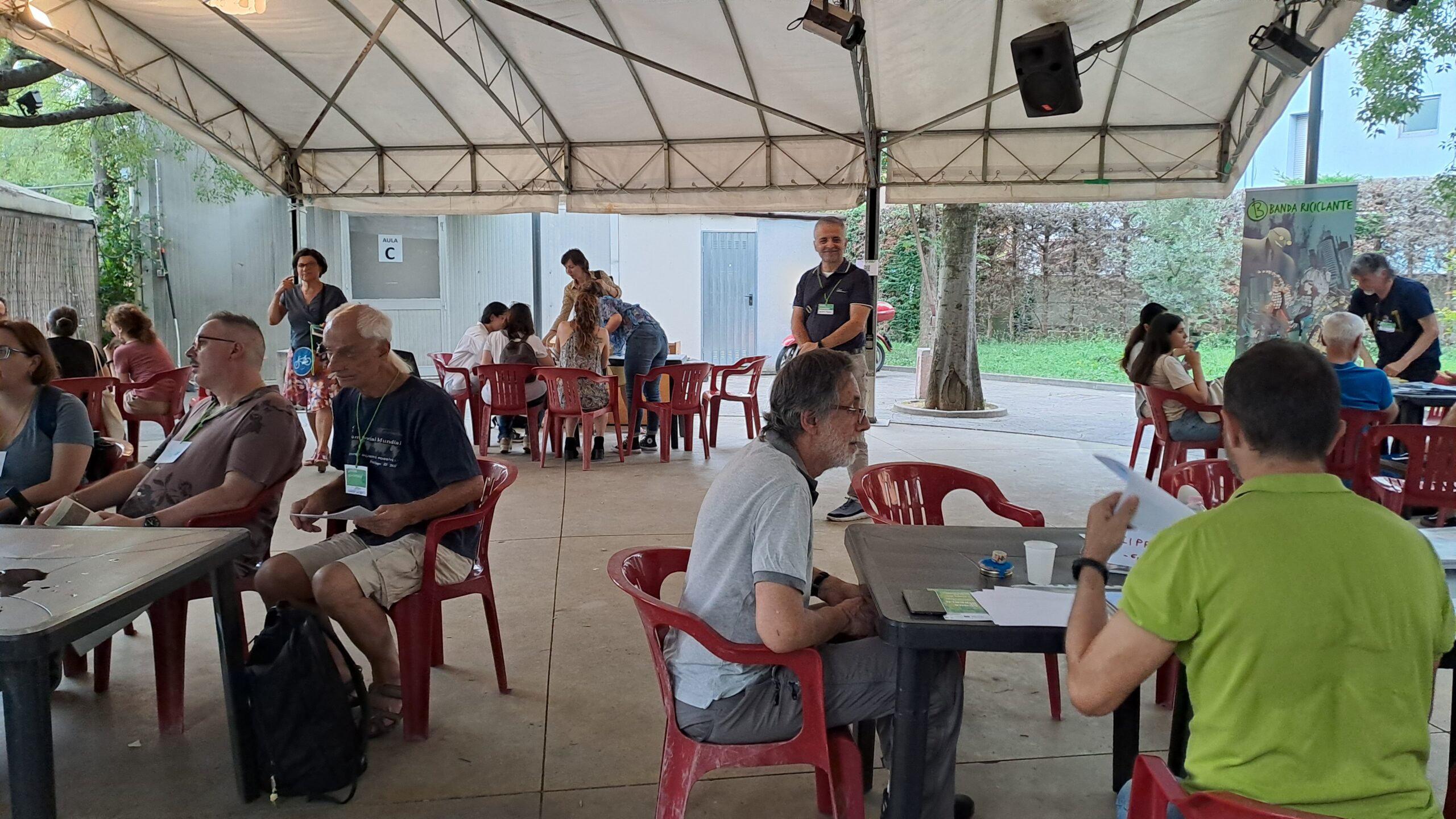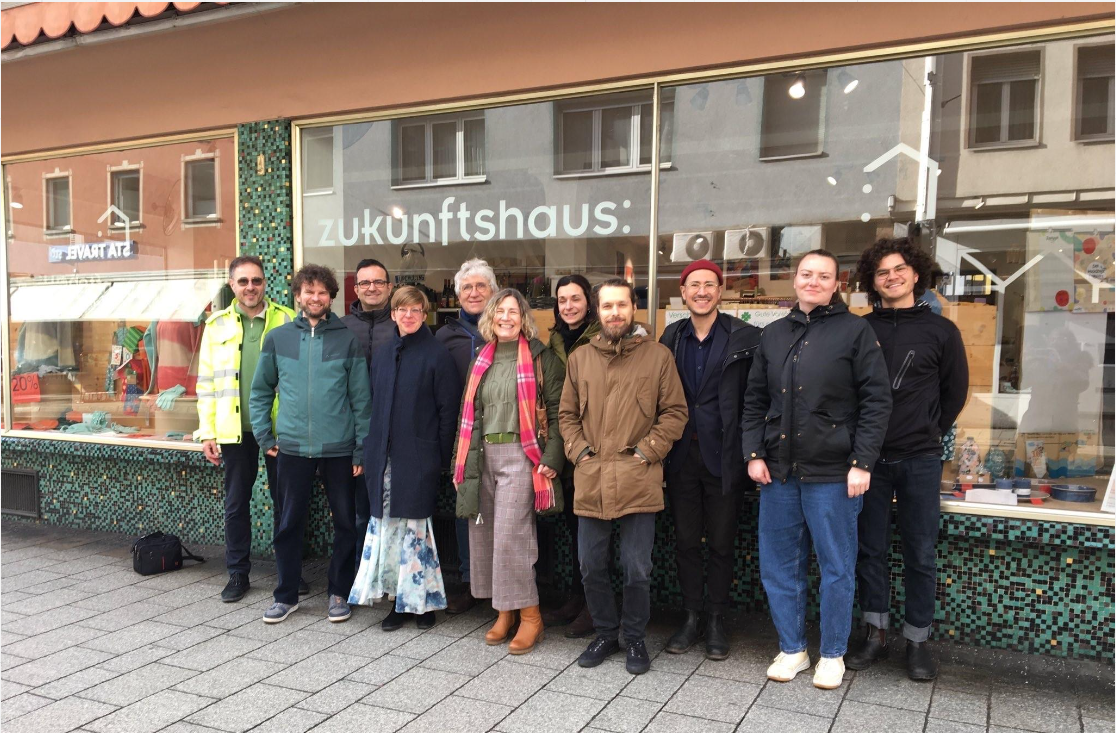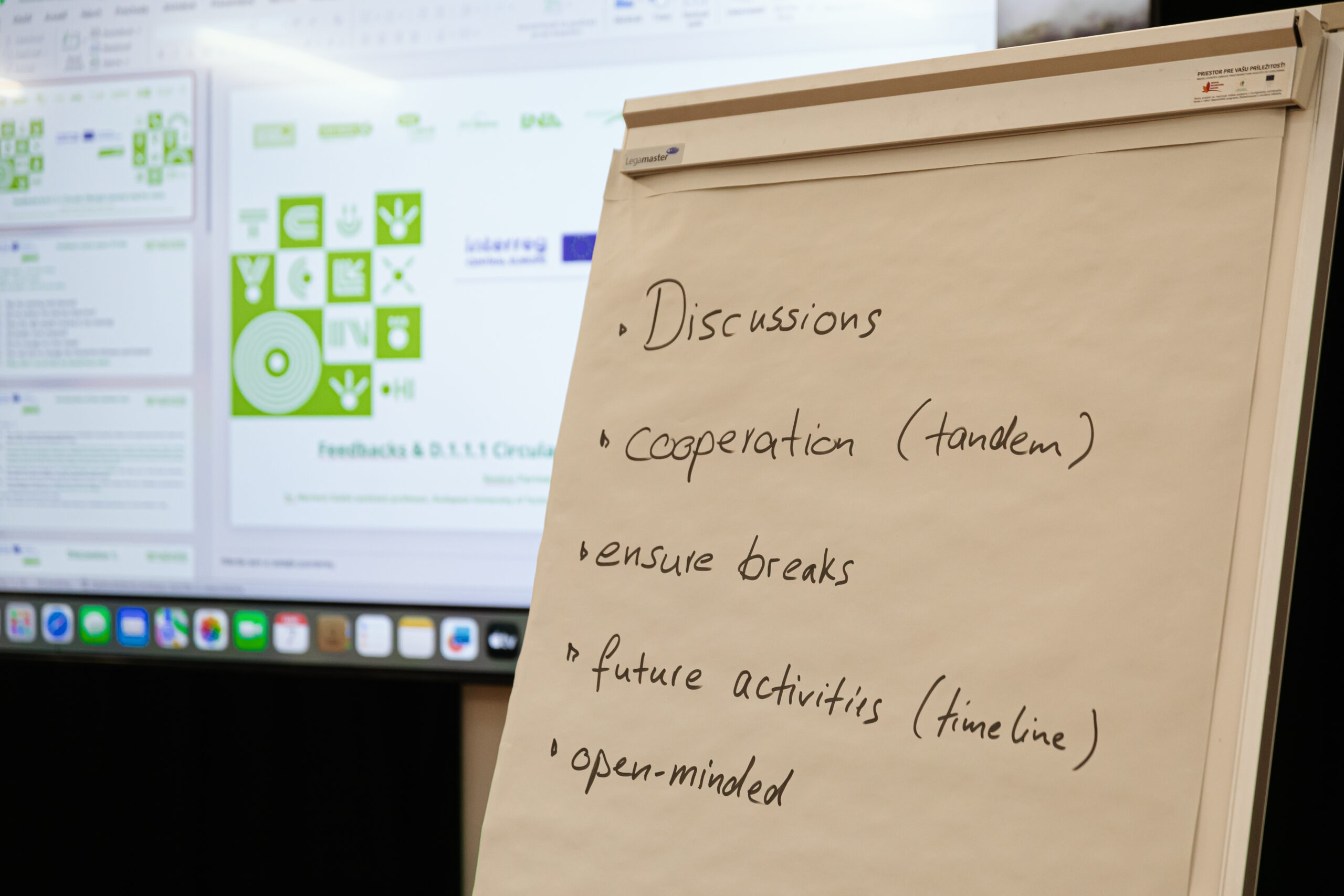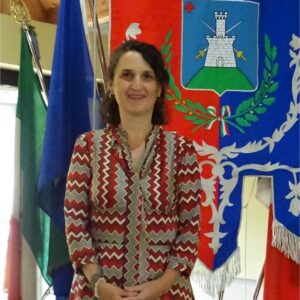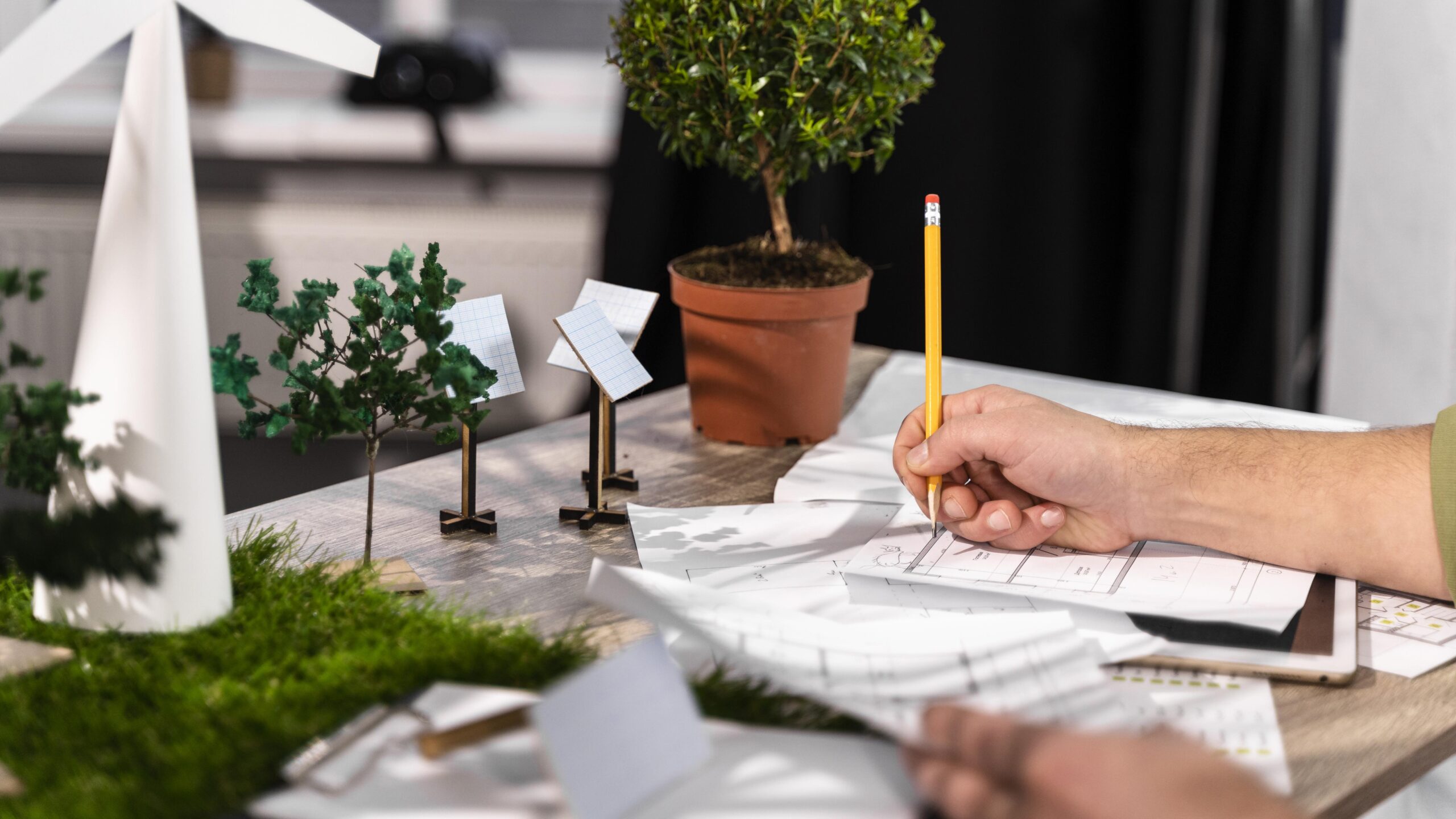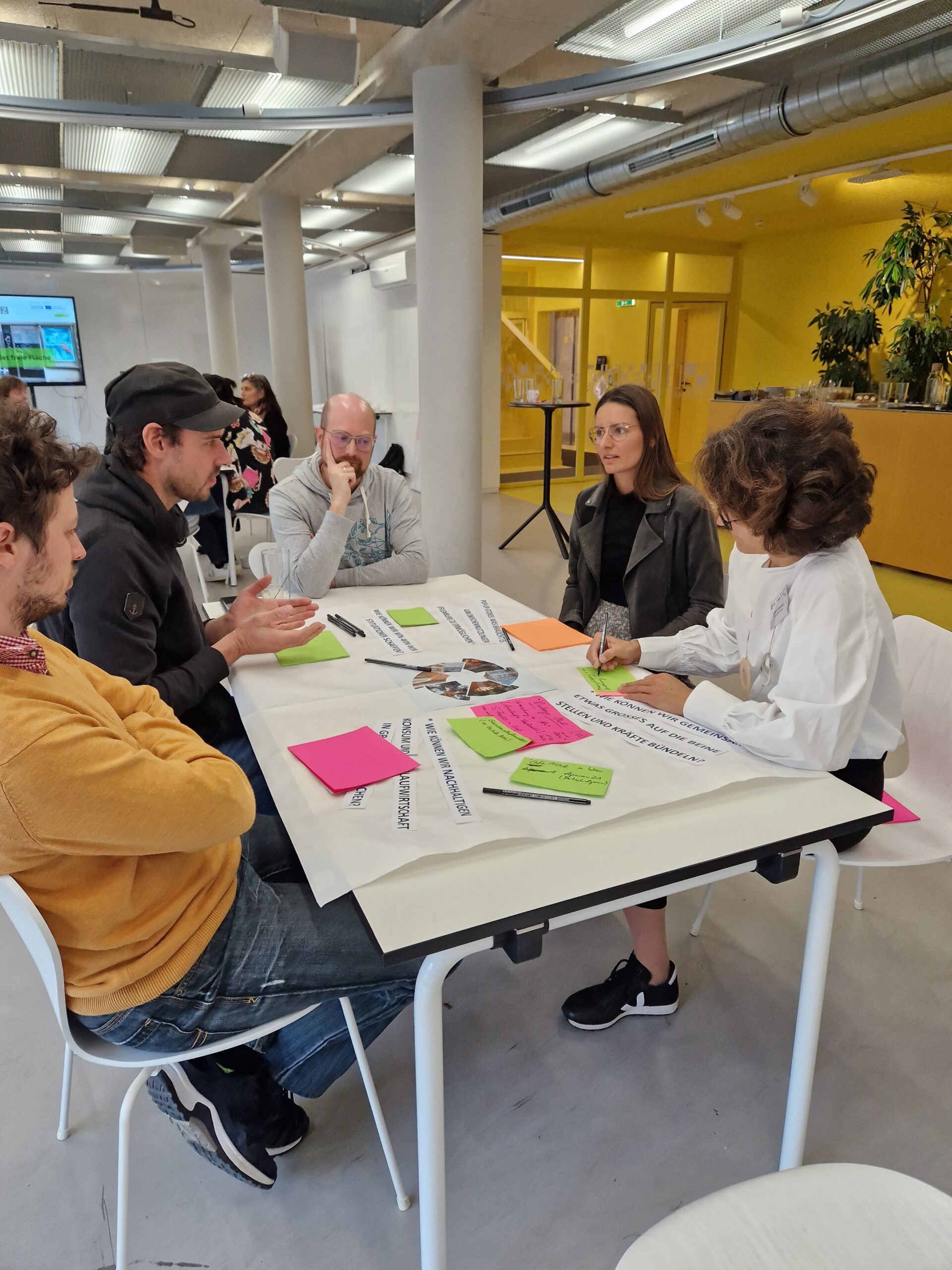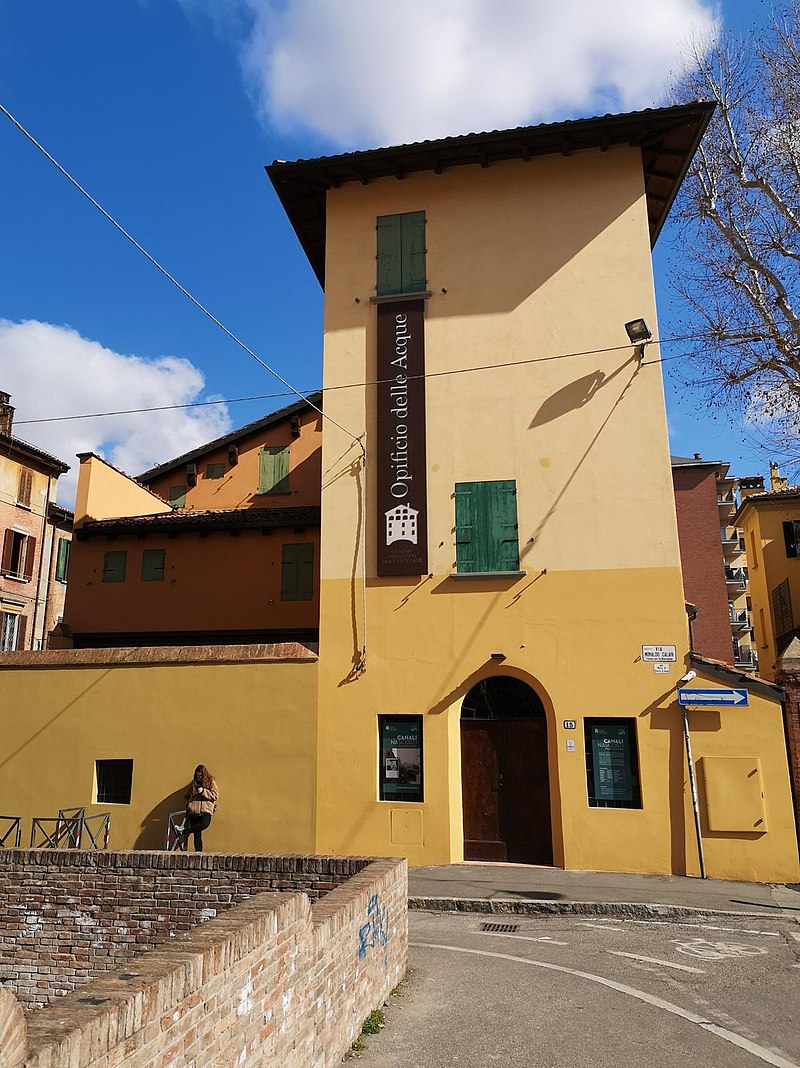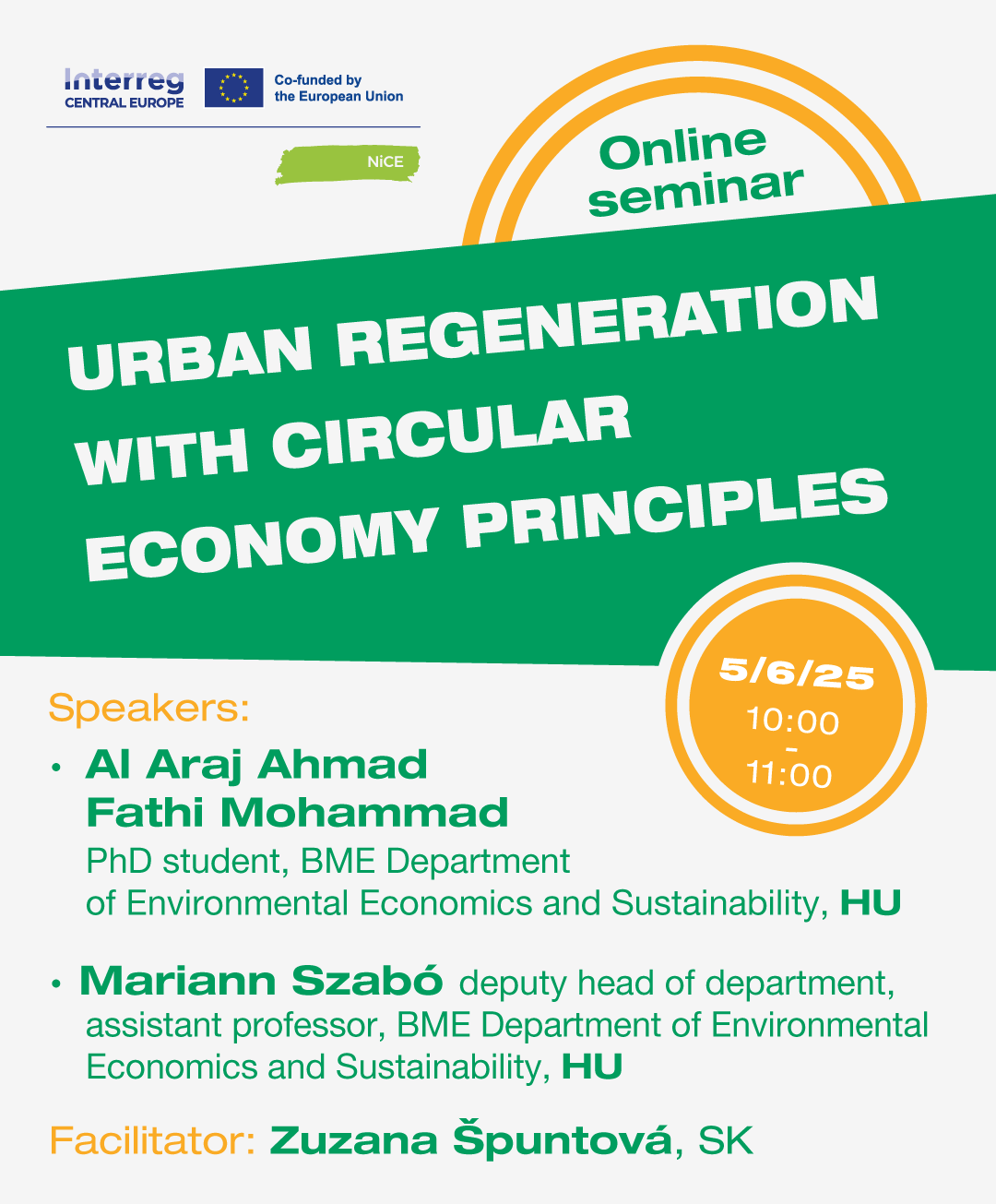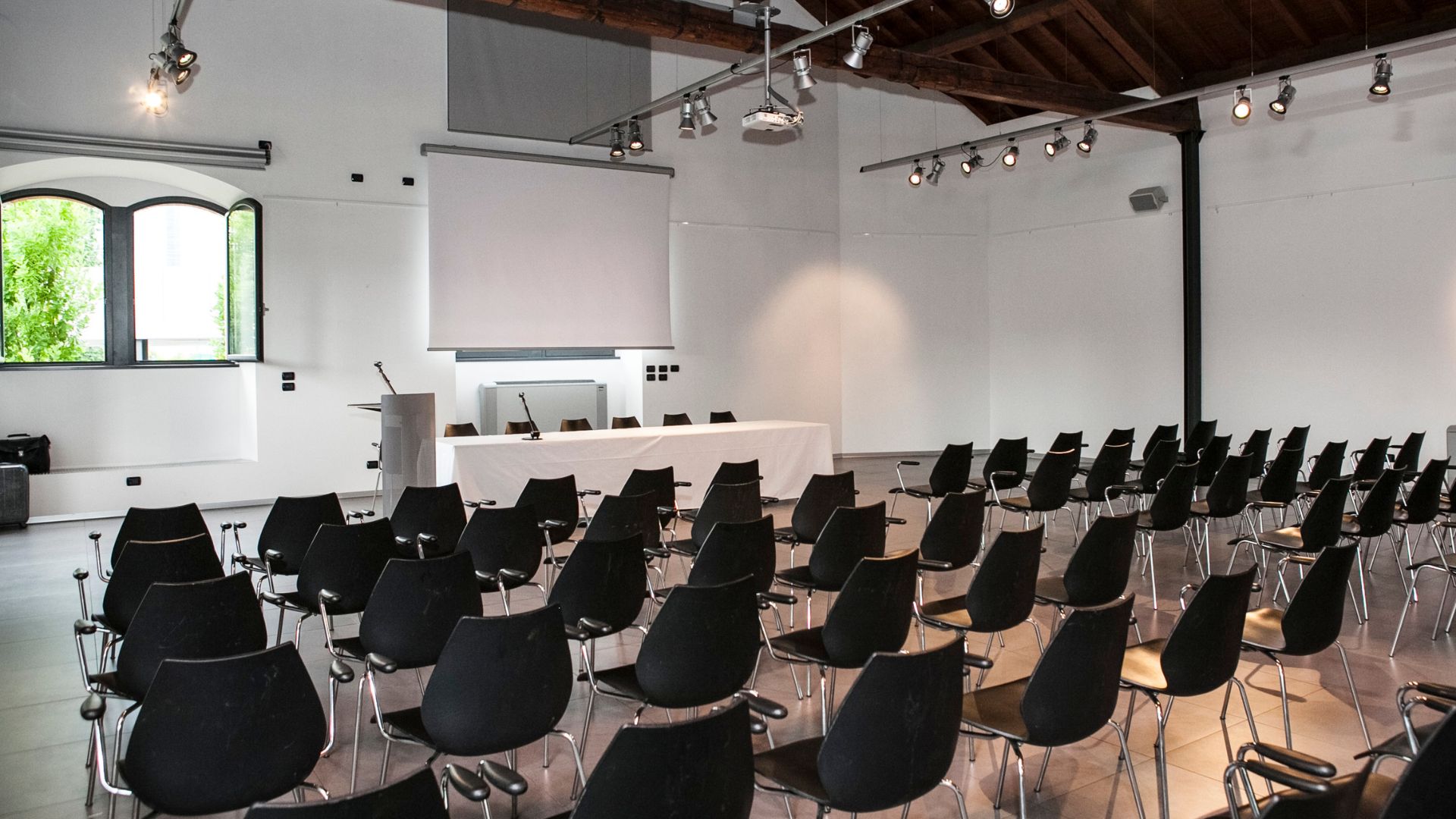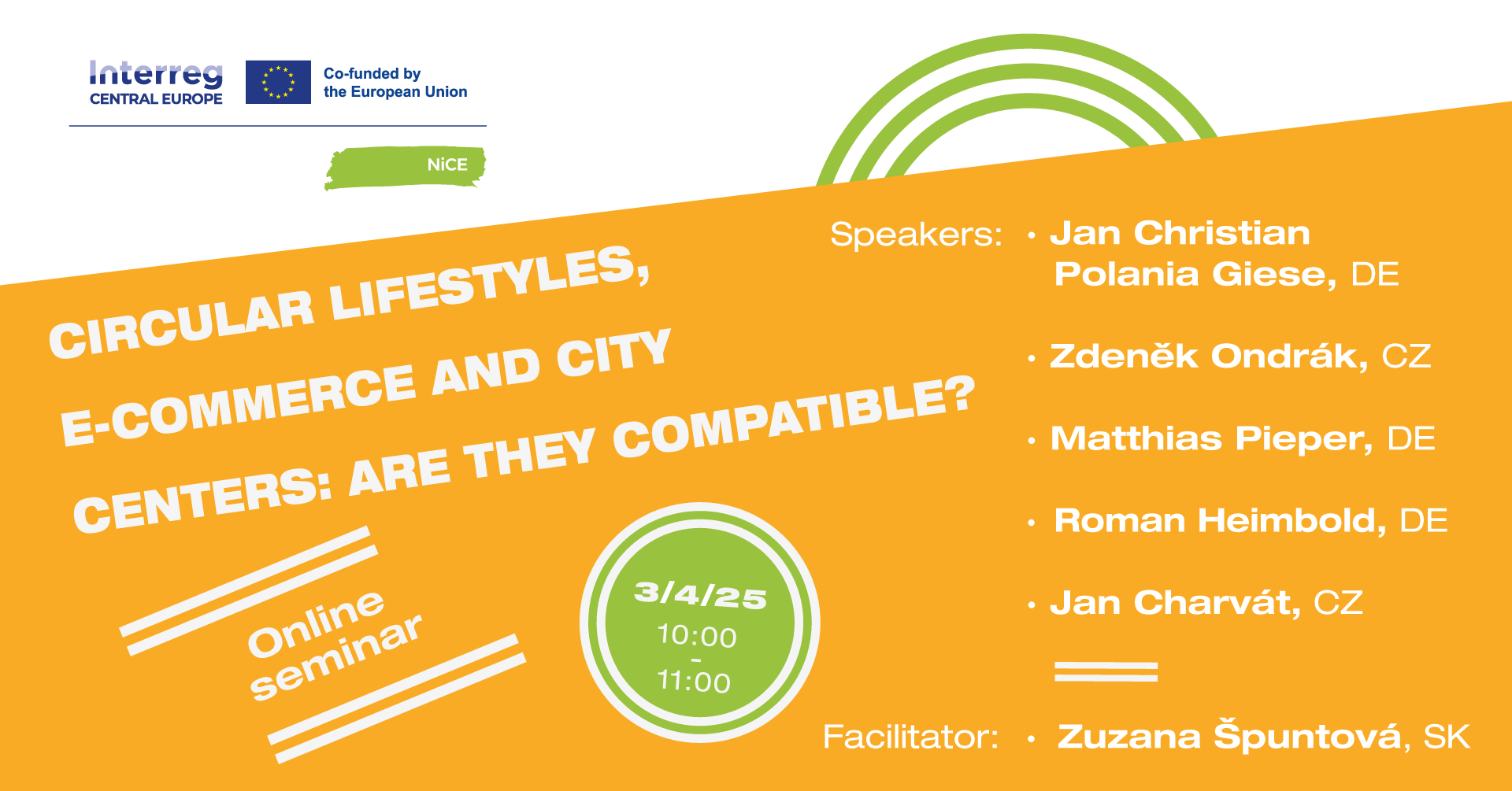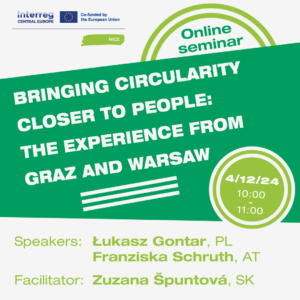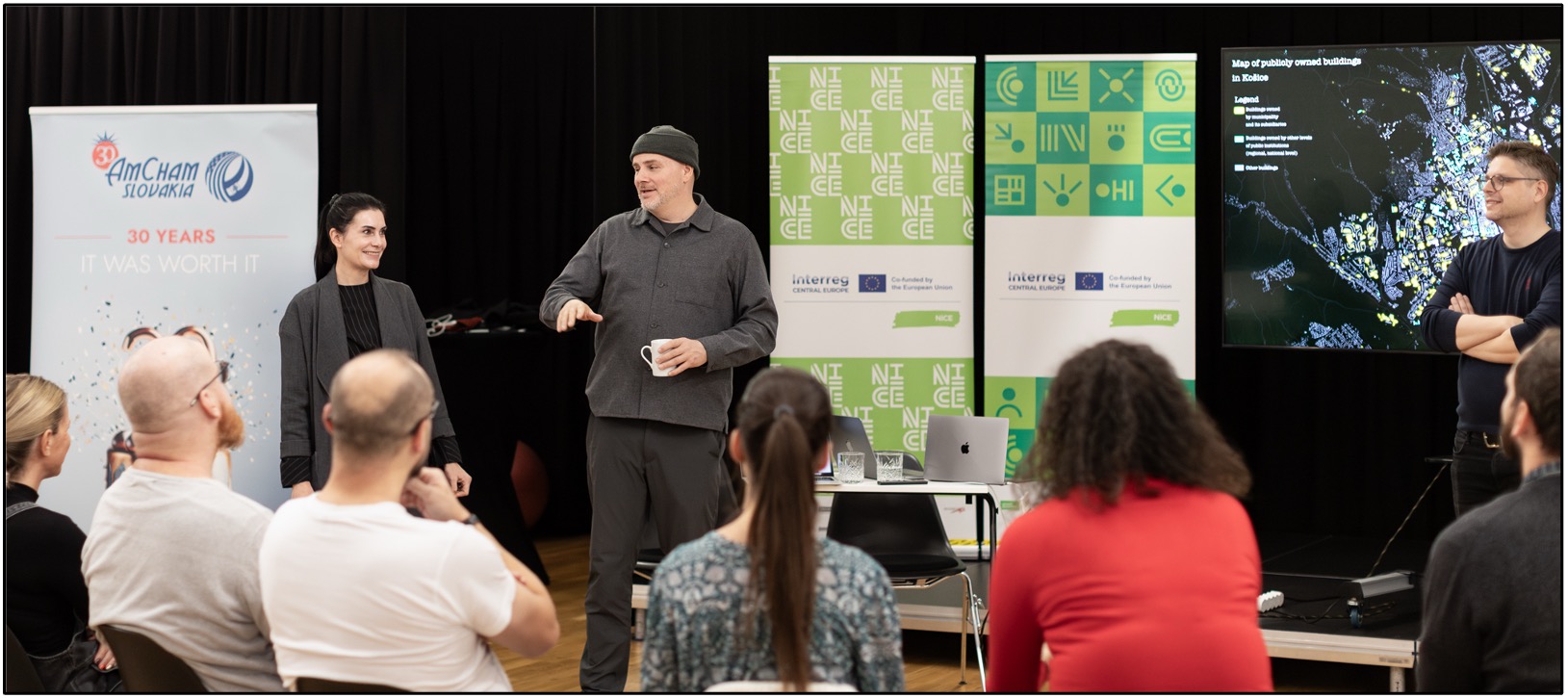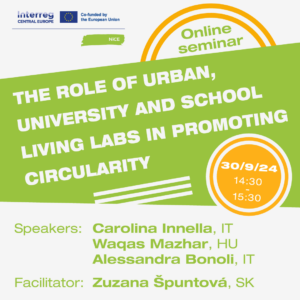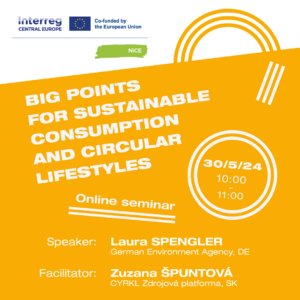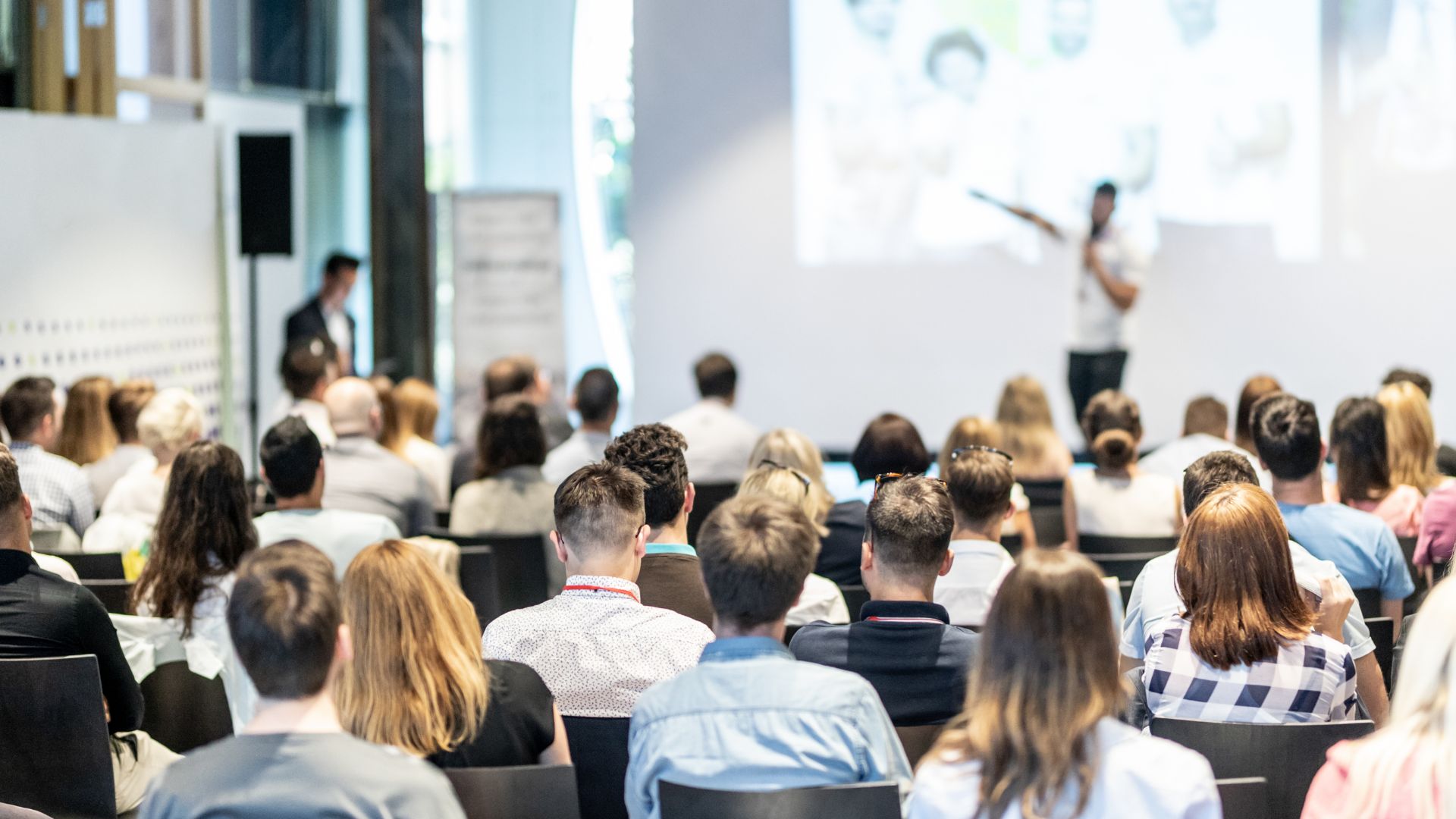Project overview
From Niche to Centre - City Centres as Places of Circular Lifestyles
City centres have long been busy places where people meet, shop and consume. This started to change fast when the Corona pandemic and growing online trade forced many shops to close. The NiCE project re-vitalises fading city centres by making local trade and consumption more circular and sustainable. The partners develop innovative urban development approaches, which focus on the creation of multifunctional resource centres and on utilising empty spaces for circular offers.
-
2,22m €
-
Project Budget
-
80%
-
of the Budget is funded by ERDF
-
8
-
Countries
-
9
-
Regions
-
9
-
Partners
-
4
-
Pilots
Duration
Start date
End date
Project progress
About the project
Project partnership
Project partners

Lead partner
German Environment Agency
Department III 1 - Sustainable Products and Sustainable Consumption, Circular Economy
06844 Dessau-Roßlau
Project partner
ENEA-SSPT (Department for Sustainability)
95-050 Konstantynów Łódzki
BME Department of Environmental Economics and Sustainability
H-1117 Budapest
Roadmap
Challenge #1 – City centres are changing
We are facing two challenges with the project. The first is about city centres. In recent decades, cities had developed into resource-intensive centres of consumption. We had structures which promote consumption, like a lot of advertising, sales, low prices, chain stores or new products. Social and cultural exchange in city centres has decreased. In other words, city centres haven’t realised their potential to play an important part for sustainable consumption and fight climate crisis. In addition, now, the online trade is growing, which increasingly shifts consumption from city centres to the digitalised sphere. In connection with the COVID19 pandemic, numerous shops had to close, especially in smaller cities. For example, the vacancy rate in Germany is at 15 % for so called 1a locations in busy inner-city streets and up to 25 % for 1b locations (IVD 2021). This means, consumption-oriented city centres are losing their functions and their attraction.
Challenge #2 – circular lifestyle offers remain in their niche
The second challenge refers to alternative consumption models and circular lifestyle offers, which could lead to more circularity and less resource use. These alternative offers, like repair, upcycling or sharing, they exist. But due to the current framework conditions these models usually only remain in their niche. They are only seen by "interested parties" at most. For example, over 60 % of the people in Germany have never bought second hand clothes. In addition, these offers often have to deal with uncertain financing, because they are not necessarily oriented towards growth or making profit
Needs and challenges of our target groups
We want to bring these two challenges together, for the benefit of both. We want to use the current transformation of cities to strengthen sustainable and circular consumption structures in their centres. And we want to do that together with the citizens and city stakeholders. Therefore, we will firstly summarise the findings from all our participating countries in a synthesis report: the needs and visions of our target groups (cities and initiatives / providers of new business models, existing networks), description of strengths, weaknesses, enabling and hampering framework conditions, analyses of differences between different Central European regions and different sizes of cities and the impact of Corona pandemics The report will include easy-to-understand and attractively designed overview graphics for communication.
Strategy framework to enable circular lifestyles in cities
The strategy framework will show ways for promotion and establishment of circular lifestyles in cities. It will serve as a guidance for local and regional public authorities. For the strategy framework the project partners will assess’ the existing political measures, action plans, development plans, strategies and programmes that support circular lifestyles in cities. The assessment is conducted through interviews with political stakeholders, desk research and a think tank workshop. The workshop will include all project partners, our network of associated partners, representatives from NGOs and policymakers. It will take place in Kosice, Slovakia in March 2024, and will be used as a discussion board that will contribute to a draft document of the Strategy Framework.
Circular lifestyle monitor tool for cities
The "monitor tool" will help any city to quickly analyse status quo, challenges and potentials for circular lifestyle in their centre. It is based on the joint assessment of sustainable consumption patterns and supporting business models that play a role in the circular development of cities.
Testing circular lifestyles in the real world
Through idea competitions, multi-stakeholder cooperation, activation of target groups in close cooperation with the pilot city, project partners will work in transnational tandems and test four specific pilot actions in different settings: 1) Approach to initiate the re-use of spaces at central places in cities for circular offers 2) Implementation and running of multifunctional "resource centres" under living lab condition by re- using spaces in central places of cities 3) Linking sustainable online commerce with city centres, e.g. establishing multifunctional micro hubs or retail as a service 4) Activation of users for circular lifestyles e.g. for circular water management
“How-to” Circular Lifestyles in City Centres
On the base of our learnings and experiences during the pilot actions we will develop a Solution box. The Solution Box offers four different guides on how to establish circular lifestyles at central places in cities and re-use local space and resources. It contains: 1) A Community Guide on how to establish circular lifestyles by re-using spaces and resources in urban centers. It serves as a practical checklist and diagnosis tool for local authorities. And it includes the monitoring and evaluation framework and the transnational lessons learnt of the pilots. 2) A Methodology Kit will comprise a) the applied methods how to initiate a participatory process with local stakeholders to reactivate spaces for circular offers, b) how to engage local actors and citizens to change behaviour and c) continuation measures: how to continue circular offers and bring them out of niche 3) A Resource-center Guide: How to build, run and sustain a multifunctional resource centre 4) A Circular Water Kit addressing water re-use in cities
Get inspired: Virtual reality exhibition with 30 good practices of circular lifestyles
The online virtual exhibition will inspire and encourage all stakeholders and interested parties how circular business models and sustainable consumption patterns can be established at central places in cities (and ways how they come out of niches). An interactive virtual exhibition will invite audiences to discover cases and tools for citizen engagement and behaviour changes towards a circular society. At least 30 selected inspiring and motivating examples how circular lifestyles in city centres can be realised and supported (models, measures) will be presented in the exhibition.
Dissemination of our ideas: The Knowledge Platform
The Knowledge Platform "From Niche to Centre" will invite all interested parties to discover solutions and offers of NiCE project. It will include a set of innovative solutions needed to enable the transition from city centres to circular city centres by re-using spaces and resources. It will also provide solutions for local authorities and multipliers to support the change of citizens' behaviour towards circular lifestyles. The platform will comprise the inspiring examples as a virtual exhibition, the digitalised Solution Box and the documenting pilot videos. Tools and guides will be user-friendly presented, tailored to the needs of the final users.
Transferability Conference
At our Transferability Conference the NiCE project solutions and policy recommendations will be presented to EU experts, networks and policy makers, together with representatives of national and regional authorities. The conference will take place in Germany. It aims will be to mainstream the solutions to targeted local communities to achieve uptake of the solution models for circular lifestyles.
News
Events
Pilot actions
Outputs
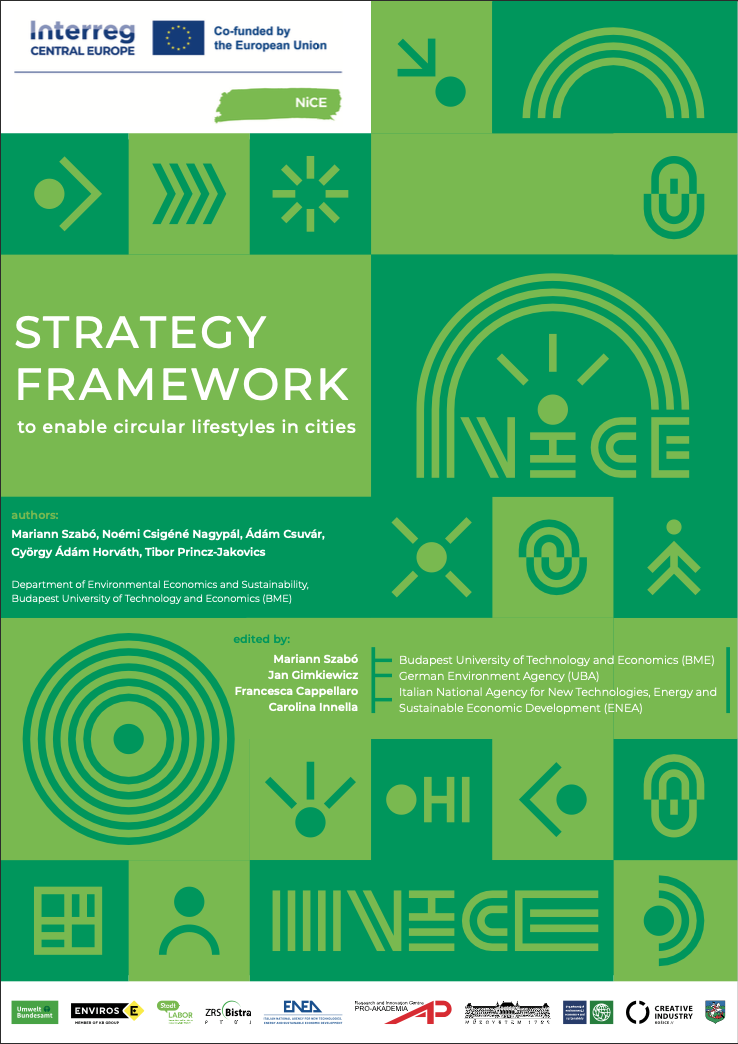
Strategy Framework to enable circular lifestyles in cities
Solution Box to establish circular lifestyles at central places in cities and re-use local space and resources
Jointly developed action plans
NiCE
The project lead partner is responsible for the content of this project website.
